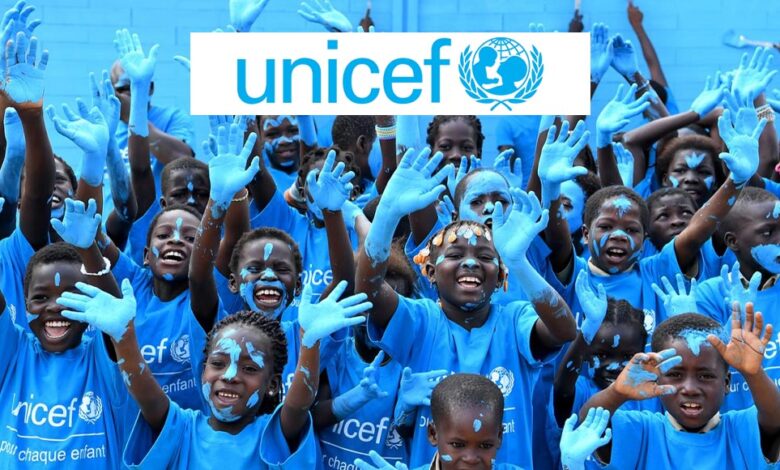Parliament and Unicef Seal Landmark MoU to Champion Child Rights in Zimbabwe

Parliament of Zimbabwe and the United Nations Children’s Emergency Fund (Unicef) have officially signed a memorandum of understanding (MoU) aimed at safeguarding the rights and wellbeing of children. The landmark partnership, which has been in development for the past five years, marks a pivotal step towards creating a more democratic, inclusive, and accountable parliamentary environment.
The MoU brings together strategic partners including the Zimbabwe Institute Board, Zimbabwe Women Lawyers Association, and Veritas, forming a united front to support child-focused governance. It provides a clear framework for collaborative planning and implementation of policies that directly impact the lives of children across the country.
Speaking during the signing ceremony, Speaker of Parliament Jacob Mudenda highlighted the significance of the partnership.
“The signing of this MoU marks the beginning of a renewed journey of co-operation. We affirm our shared commitment to building a democratic, inclusive and accountable parliamentary ecosystem,” said Mudenda.
Unicef representative Etona Ekole echoed these sentiments, noting that the collaboration places children at the centre of national policy-making.
“Through its legislative and oversight functions, Parliament has the power to influence policies, budgets, and programmes that directly impact the lives of children. This partnership will ensure children’s voices and needs are placed at the heart of national decision-making processes,” Ekole stated.
The MoU builds upon existing initiatives, including the establishment of the Parliamentary Child Rights Caucus and ongoing efforts to promote girls’ education, access to sanitary products, and the abolition of corporal punishment in schools.
As part of the agreement, a joint two-year work plan has been formulated, focusing on delivering measurable and practical outcomes for children. This includes supporting evidence-based policy-making, enhancing oversight and accountability for child-centered budgets and legislation, and improving citizen participation in national development.
The work plan will be jointly funded by Parliament and Unicef, reinforcing their commitment to tangible progress in the promotion and protection of child rights throughout Zimbabwe.
This collaboration is expected to set a strong precedent for inclusive governance and sustainable development, ensuring that the needs of the youngest citizens are not only acknowledged but prioritized in the nation’s legislative agenda.




